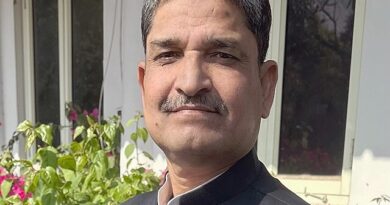Secretly Recording Wife’s Call Is Violation of Her Right To Privacy & H High Court; Husband Moves Apex Court Against Order
Access to this exclusive content is available only to our subscribers

Annual Subscription
₹ 820/year
(Plus ₹ 180 GST)
SUBSCRIBE NOWWith your support, we are able to provide an extensive range of content to you at an accessible subscription model




